Episode 197: WDx #13 – Macro/microaggressions
The Clinical Problem Solvers
SEPTEMBER 15, 2021
Her academic interests include physical exam-focused medical education where she co-directs the Enhanced Clinical Skills Residency Track and serves as Investigator for the AMA Reimagining Residency Grant awarded to John Hopkins, Stanford, and UAB focused on studying clinical skills as it relates to resident wellness.


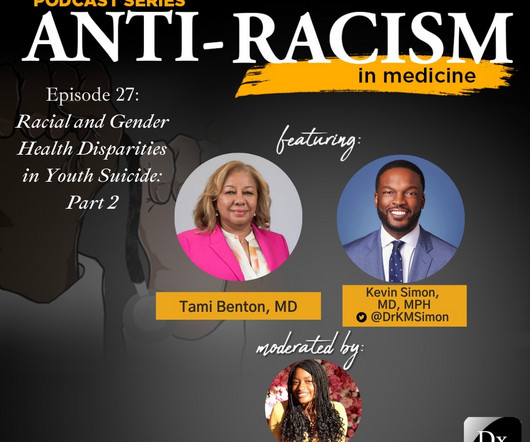


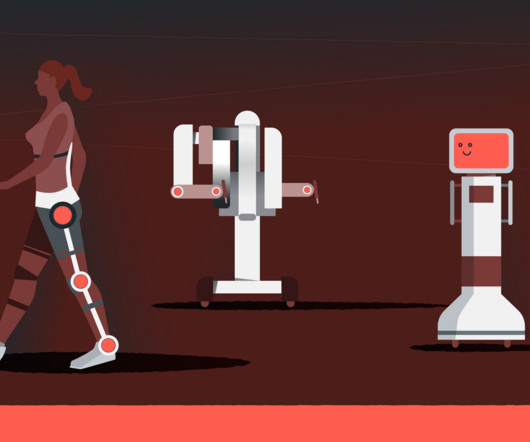
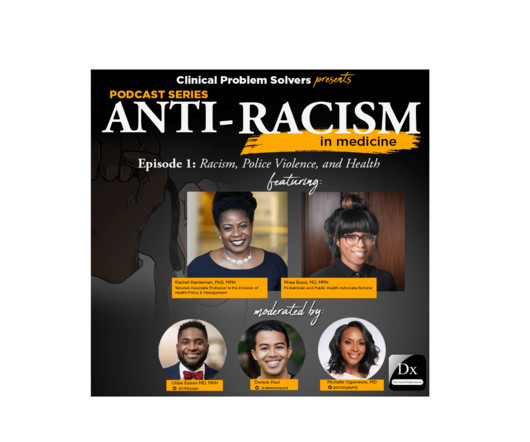
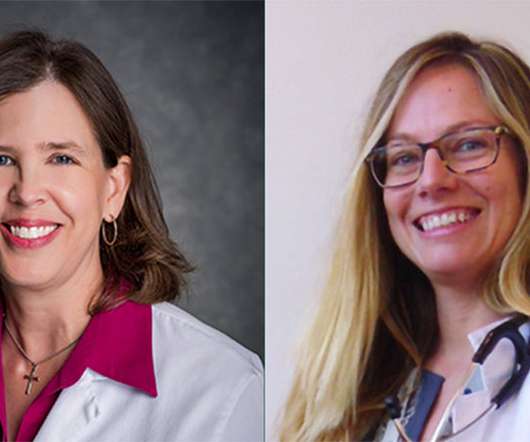


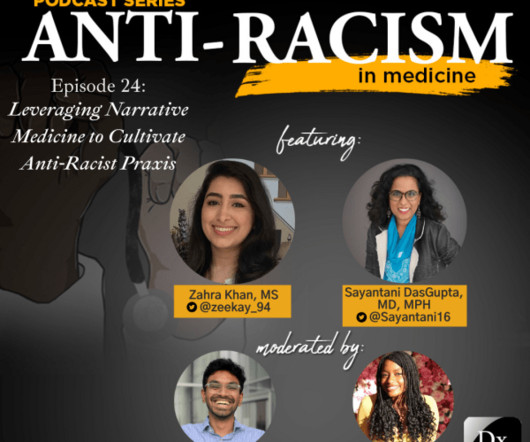

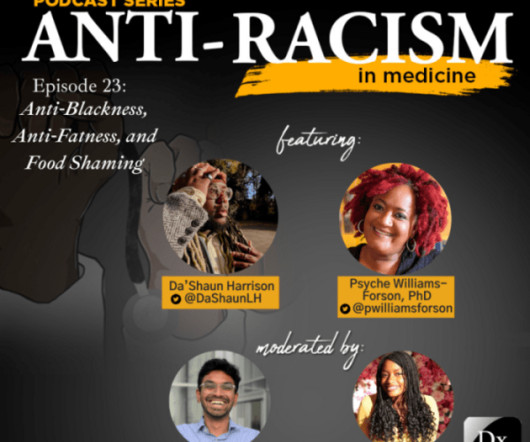




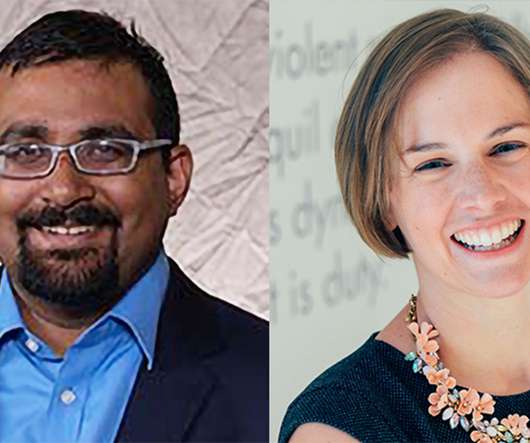


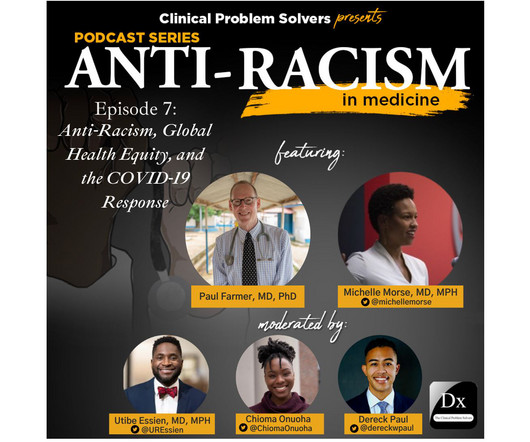
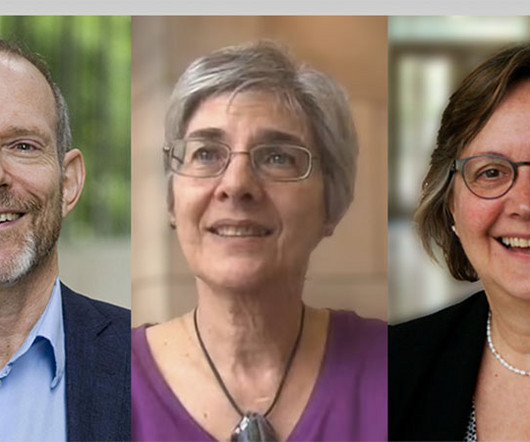


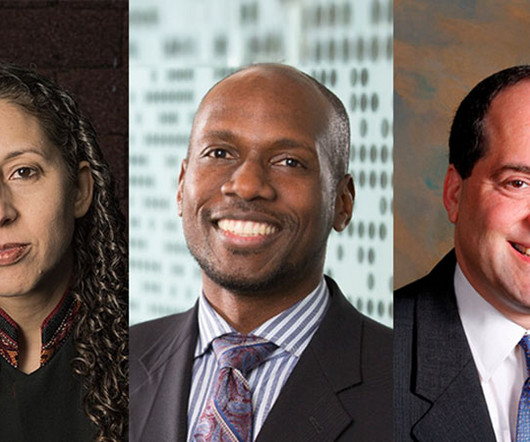






Let's personalize your content